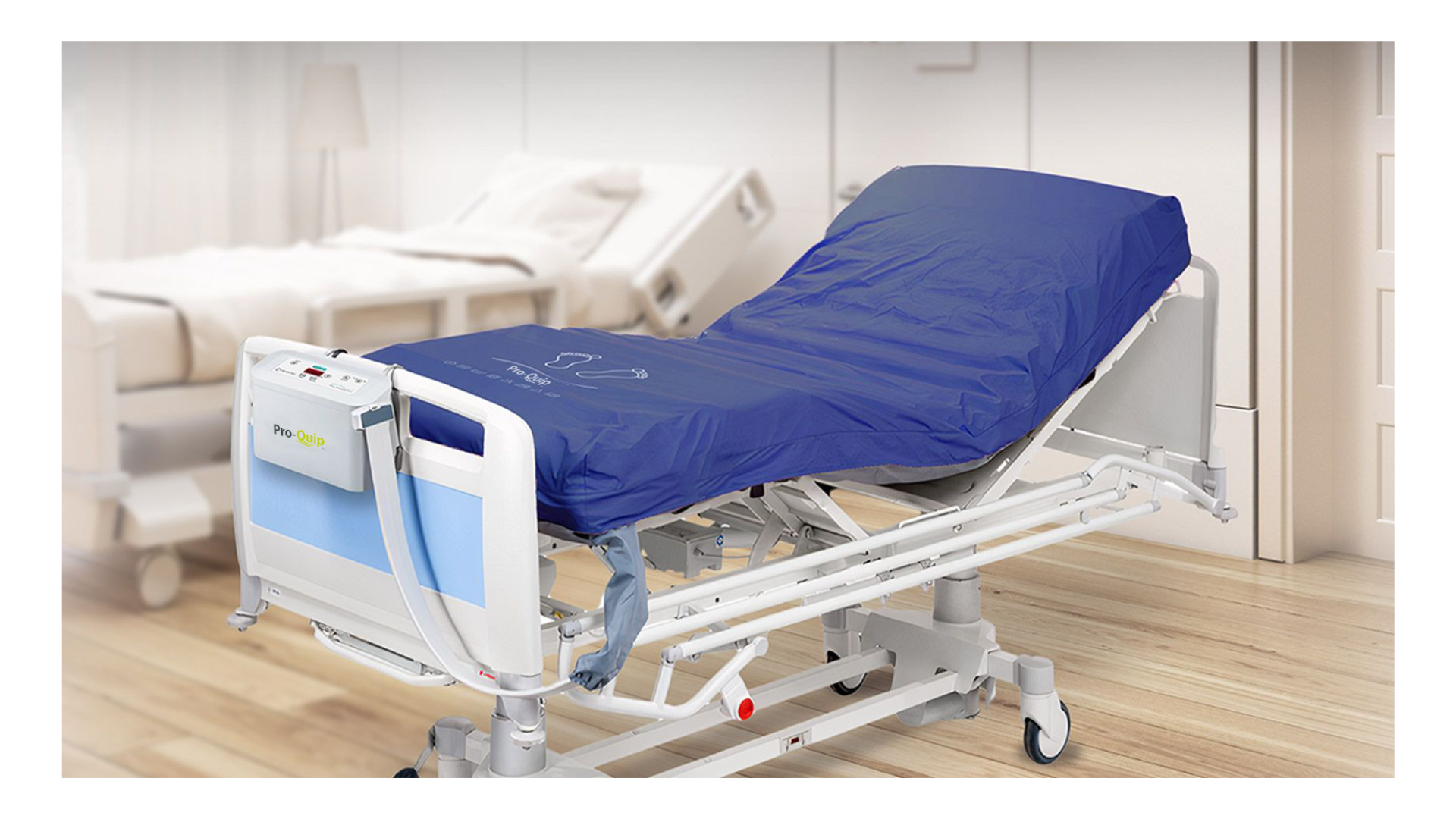With dementia action week upon us (13th-19th May) - here is an article exploring the top memory aids and dementia products designed to improve the cognitive functioning of individuals in care homes.
Memory aids for care home residents
Memory aids are essential tools for individuals with dementia in care homes. These aids help residents remember important information, such as their daily routines, medication schedules, and personal details. One commonly used memory aid is a memory board, which displays important information in a visual format. This can include pictures of family members, important dates, and reminders. Memory aids can also include electronic devices, such as digital calendars or reminder apps, that provide audio and visual cues to help residents remember important tasks.
Another effective memory aid is the use of memory boxes. These boxes contain personal items and mementos that hold special meaning for the resident. By interacting with these items, residents can engage in reminiscence therapy, which has been shown to improve cognitive function and overall well-being. Additionally, memory aids can include simple strategies like labeling drawers and cabinets with pictures or words to help residents navigate their living space.
Overall, the use of memory aids can greatly enhance the quality of life for residents with dementia. These aids provide support and assistance in remembering important information, promoting independence and a sense of control.
Dementia products to enhance daily living
In addition to memory aids, there are many innovative dementia products available that can enhance the daily living of residents. One such product commonly used in care settings is a medication dispenser with built-in reminders. This device not only dispenses medication at the appropriate times but also provides audio and visual cues to remind residents to take their medication. This can greatly reduce medication errors and help residents maintain their health.
Another innovative product is a smart home system that can be customised to meet the specific needs of residents with dementia. This system can include features such as voice-activated lights, temperature control, and safety alerts. By simplifying daily tasks and promoting a safe living environment, these smart home systems can greatly improve the quality of life for residents with dementia.
Furthermore, there are specialised communication devices available that can assist residents with dementia in expressing their needs and desires. These devices can range from simple picture boards to more advanced speech-generating devices. By facilitating communication, these products can help reduce frustration and promote a sense of independence.
Overall, the use of innovative dementia products in care homes can greatly enhance the daily living of residents with dementia. These products provide practical solutions to common challenges and promote a sense of independence and well-being.
Assistive technologies for cognitive support
Assistive technologies play a crucial role in providing cognitive support to individuals with dementia in care homes. These technologies can aid in memory, communication, and overall cognitive functioning. One example of an assistive technology is a digital memory aid, such as a smartphone or tablet app. These apps can provide reminders, help with scheduling and planning, and offer cognitive exercises and games to stimulate the brain.
Another common tool is a wearable device that tracks the location of residents within the care home. This can be particularly useful for individuals with dementia who may wander or become disoriented. By keeping track of their location, staff can ensure their safety and well-being.
Furthermore, there are virtual reality programs available that can provide cognitive stimulation and improve overall cognitive function as well as bring positive experiences for people that maybe homebound. These programs can simulate real-life scenarios, such as navigating a grocery store or going to the beach. By engaging residents in these virtual experiences, their cognitive abilities can be strengthened and maintained and they experience life outside of the care home, reminding them of previous experiences.
Overall, assistive technologies for cognitive support are invaluable tools in care homes for individuals with dementia. These technologies provide personalised support and stimulation, helping residents maintain their cognitive abilities and overall quality of life.
Creating a holistic approach to dementia care
When caring for individuals with dementia in care homes, it is important to take a holistic approach that addresses their physical, emotional, and social needs. This approach involves creating a supportive and stimulating environment that promotes overall well-being.
One important aspect of a holistic approach to dementia care is providing opportunities for social interaction and engagement. This can include group activities, such as art therapy or music therapy, that promote social connections and provide cognitive stimulation. Creating a sense of community and belonging is essential for the well-being of residents with dementia.
Additionally, it is important to provide personalised care that takes into account the individual preferences and interests of residents. This can involve creating personalised memory aids, incorporating familiar objects and activities into their daily routines, and adapting the environment to meet their specific needs.
A holistic approach to dementia care involves supporting the physical health of residents through regular exercise, nutritious meals, and access to healthcare services. By focusing on overall wellness, care homes can help residents with dementia maintain their physical health and independence.


